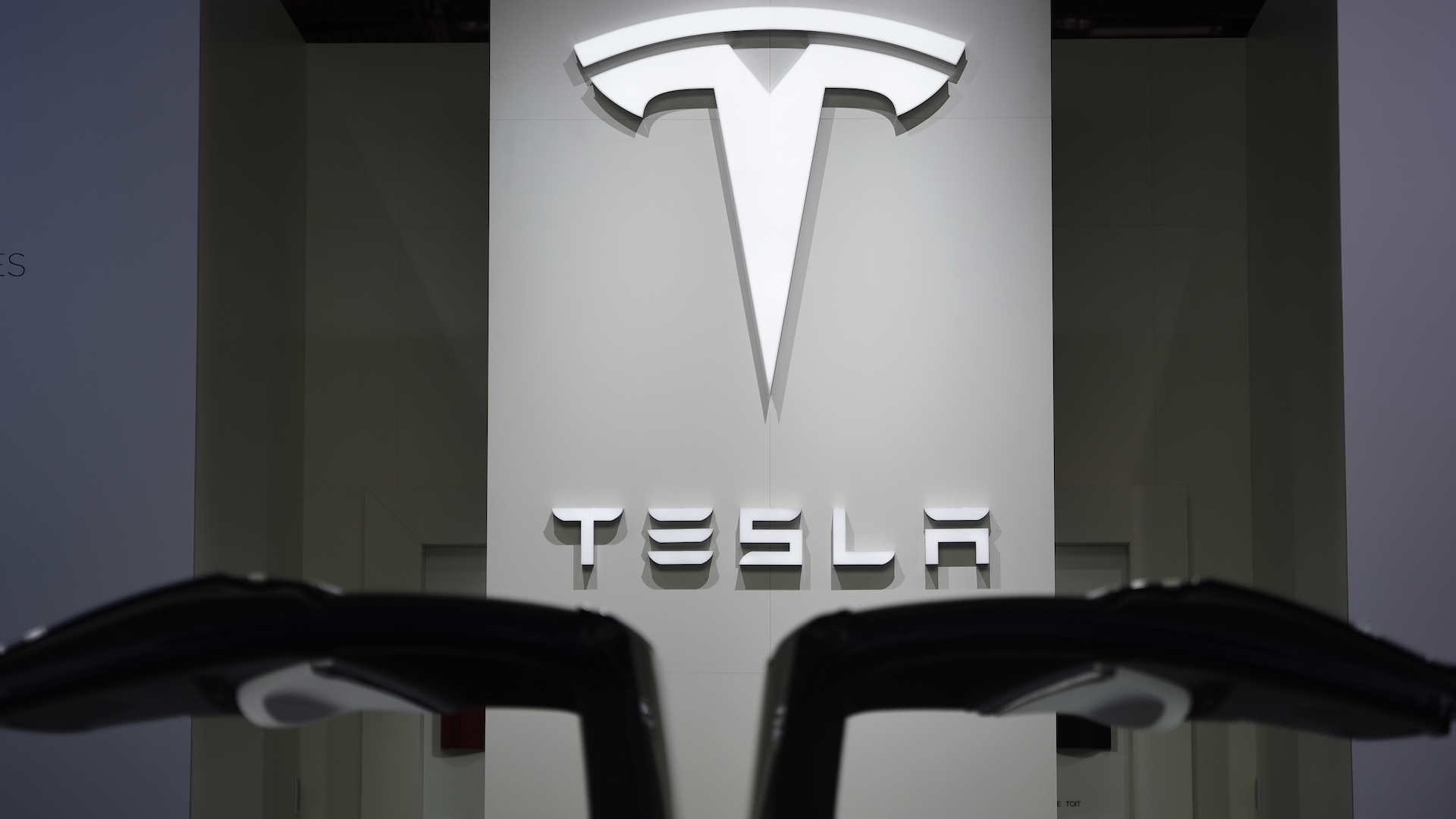

Tesla Motors CEO Elon Musk announced Tuesday that he was toying with the idea of making Tesla a privately-traded company. He explained his rationale in an internal email later made public, stating that he believes it would ease operations.
“Basically, I’m trying to accomplish an outcome where Tesla can operate at its best, free from as much distraction and short-term thinking as possible, and where there is as little change for all of our investors, including all of our employees, as possible,” stated Musk in the email. “As a public company, we are subject to wild swings in our stock price that can be a major distraction for everyone working at Tesla, all of whom are shareholders. Being public also subjects us to the quarterly earnings cycle that puts enormous pressure on Tesla to make decisions that may be right for a given quarter, but not necessarily right for the long-term.”
“As the most shorted stock in the history of the stock market, being public means that there are large numbers of people who have the incentive to attack the company,” Musk continued. “I fundamentally believe that we are at our best when everyone is focused on executing, when we can remain focused on our long-term mission, and when there are not perverse incentives for people to try to harm what we’re all trying to achieve.”
Musk proposed offering shareholders a stock buyback at $420 per share, or 20 percent higher than the price at the end of the company’s second-quarter earnings call, though he also pointed out that the price has risen 16 percent since, limiting this offer’s attractiveness to shareholders. Alternatively, stockholders can hold on to their shares, which would become privately-traded.
“My intention is for all Tesla employees to remain shareholders of the company, just as is the case at SpaceX,” continued Musk. “If we were to go private, employees would still be able to periodically sell their shares and exercise their options. This would enable you to still share in the growing value of the company that you have all worked so hard to build over time.”
“This has nothing to do with accumulating control for myself. I own about 20 percent of the company now, and I don’t envision that being substantially different after any deal is completed,” Musk concluded.
Musk also stated that the decision as to whether Tesla would go private would be down to a shareholder vote. The matter was tabled in a board meeting last week.
“Last week, Elon opened a discussion with the board about taking the company private,” stated several Tesla board members, in an email seen by The Drive. “This included discussion as to how being private could better serve Tesla’s long-term interests, and also addressed the funding for this to occur. The board has met several times over the last week and is taking the appropriate next steps to evaluate this.”
Tesla’s announcement could prompt a rush to buy into the company, despite its well-established cash flow problems. Renegotiation of contracts with its suppliers was consequently reported as the company asking for refunds, piggybacking on the story of Tesla’s questionable finances, though favorable news about Tesla has also come forth. It reached its Model 3 production targets over the course of Q2, which could contribute to a company first: “sustainable profitability,” starting in Q3.
The Drive contacted Tesla for information on when a shareholder vote could take place, and we will update when we receive a response.